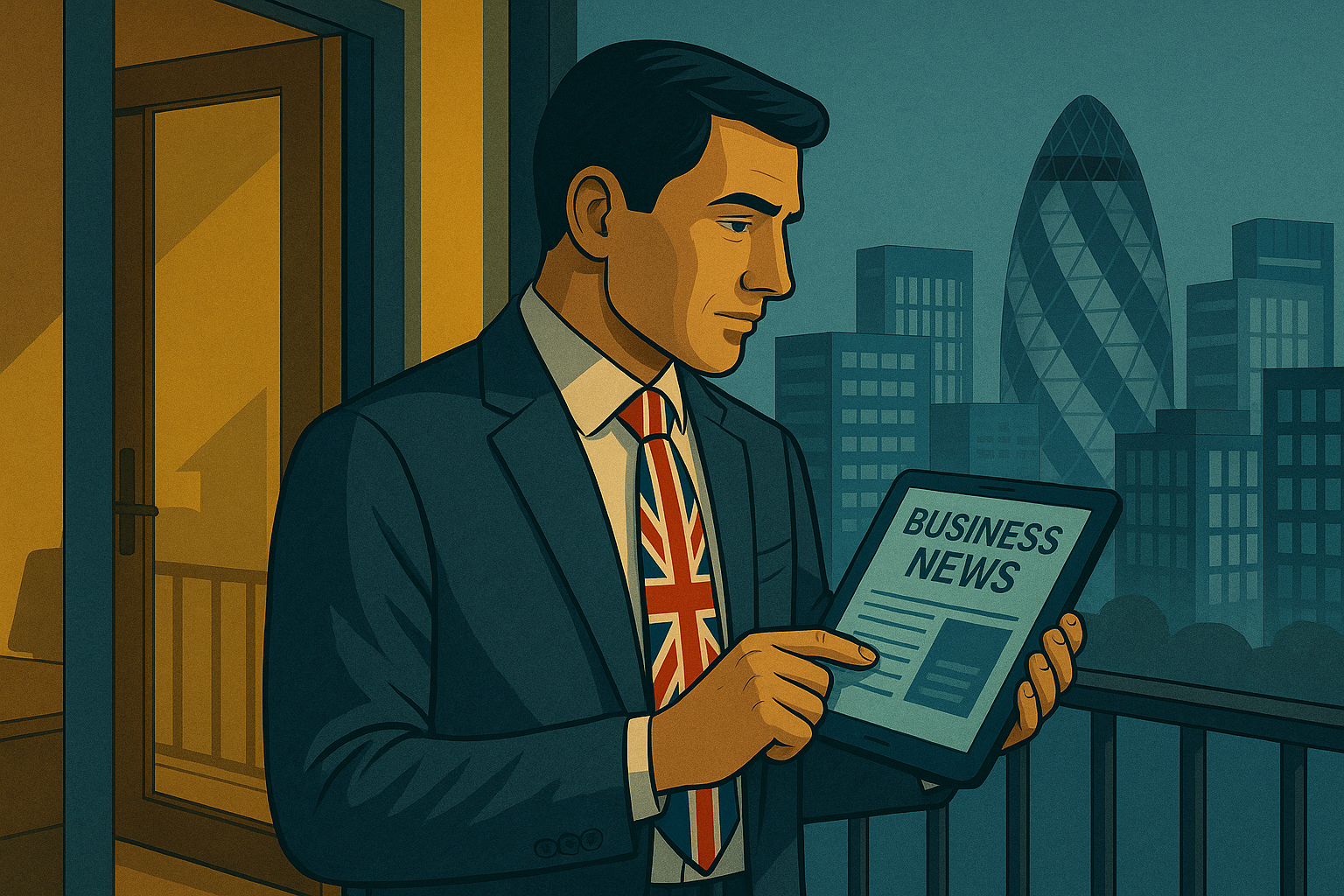Britain’s services sector registered its sharpest drop in new business since late 2022, according to new data, with industry leaders warning of rising redundancies as companies face sustained inflation, higher wage costs, and subdued demand.
The S&P Global/CIPS UK Services PMI slipped to 51.8 in July, down from 52.8 in June, maintaining a marginal rate of growth. However, the new business sub‑index dropped to 47.7, signalling the first outright contraction in nine months and the most pronounced fall in new orders since November 2022. Services companies — including those in hospitality, business support, and professional services — reported widespread hesitancy among clients and reduced business-to-business activity.
“We’ve not seen order books fall at this pace since the tail-end of the pandemic,” said Chris Williamson, Chief Business Economist at S&P Global. “Companies are clearly feeling the squeeze from higher wages and a softer economic backdrop, which is leading to growing caution about hiring and investment.”
This caution is translating directly into job cuts. The sector’s employment index fell to 45.6 in July — the lowest reading in six months — as more organisations moved to freeze recruitment or reduce headcount. The combination of April’s national insurance increases and a 6.7% rise in the national minimum wage has heightened pressure on operating margins, prompting cost reviews and re-evaluation of staffing plans.
Despite this slowdown, inflationary pressures remain elevated. Input costs for UK services businesses continue to climb, fuelled not only by wage growth but also by persistent energy and materials inflation. This leaves the Bank of England facing a difficult policy environment ahead of its rate decision later this week. The Bank is expected to deliver its fifth consecutive rate cut — likely reducing the benchmark rate from 4.25% to 4% — even though core inflation remains above target.
Equity markets have remained resilient in the face of these headwinds. The FTSE 100 rose 0.3% in early trading, buoyed by robust half-year earnings from BP, Diageo, and Smith & Nephew. Investors appear to be positioning for a rate-easing cycle, which could provide some relief to credit markets, even as underlying economic momentum remains fragile.
For many service-sector businesses, however, optimism remains muted. Persistent cost inflation, uncertainty over policy direction, and falling new orders are likely to delay both hiring and investment. Analysts warn that consumer-facing sectors — including hospitality and leisure — may feel the impact most keenly, as confidence among both businesses and households ebbs.
The coming months will test the resilience of the UK’s largest economic sector. As pressure mounts on both demand and margins, companies across the services landscape are likely to prioritise stability and risk management over expansion.




